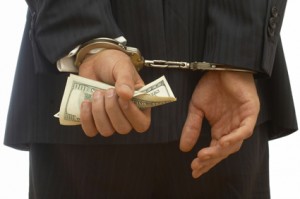
Shilpa Phadnis
Saturday, October 17, 2009
Bangalore: Money transfer company Western Union believes in tapping fortune at the bottom of the pyramid.
The company is tying up with microfinance institutions (MFIs) and e-governance service providers to facilitate financial inclusion.
This marks a shift in its India game plan, to offer money transfer services through MFIs besides its current portfolio of India Post network, banks, retail and finance agents.
The Nasdaq-listed company has tied up with e-governance and IT solutions provider CMS Computers, which has government's mandate to roll out more than 17,000 e-governance locations across India.
Continue reading “Journal: Western Union takes MFI route for rural spread”







